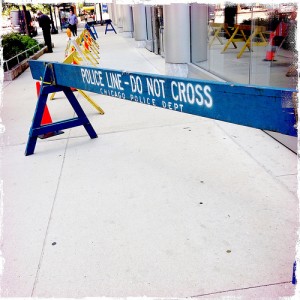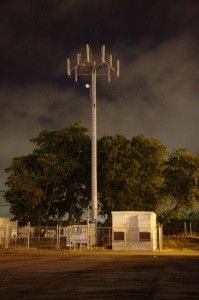Monday Morning Review: Local Governments in the Federal Appellate Courts
Here are last week's published decisions involving local governments. Second Circuit Evergreen Assocaition, Inc. v. City of New York, No. 11-2735 (Jan. 17, 2014) (affirming in part and reversing in part preliminary injunction barring enforcement of City law requiring disclosures by pregnancy service centers in First-Amendment challenge). Sixth Circuit DeLeon v. Kalamazoo County Road Commission, No. 12-2377 (Jan. 14, 2014) (reversing grant of summary judgment for County Road Commission in employment-discrimination case) (January 13, 2014, through January 17, 2014) Credit: Image courtesy of Flickr by Tracy Collins (creative common...





